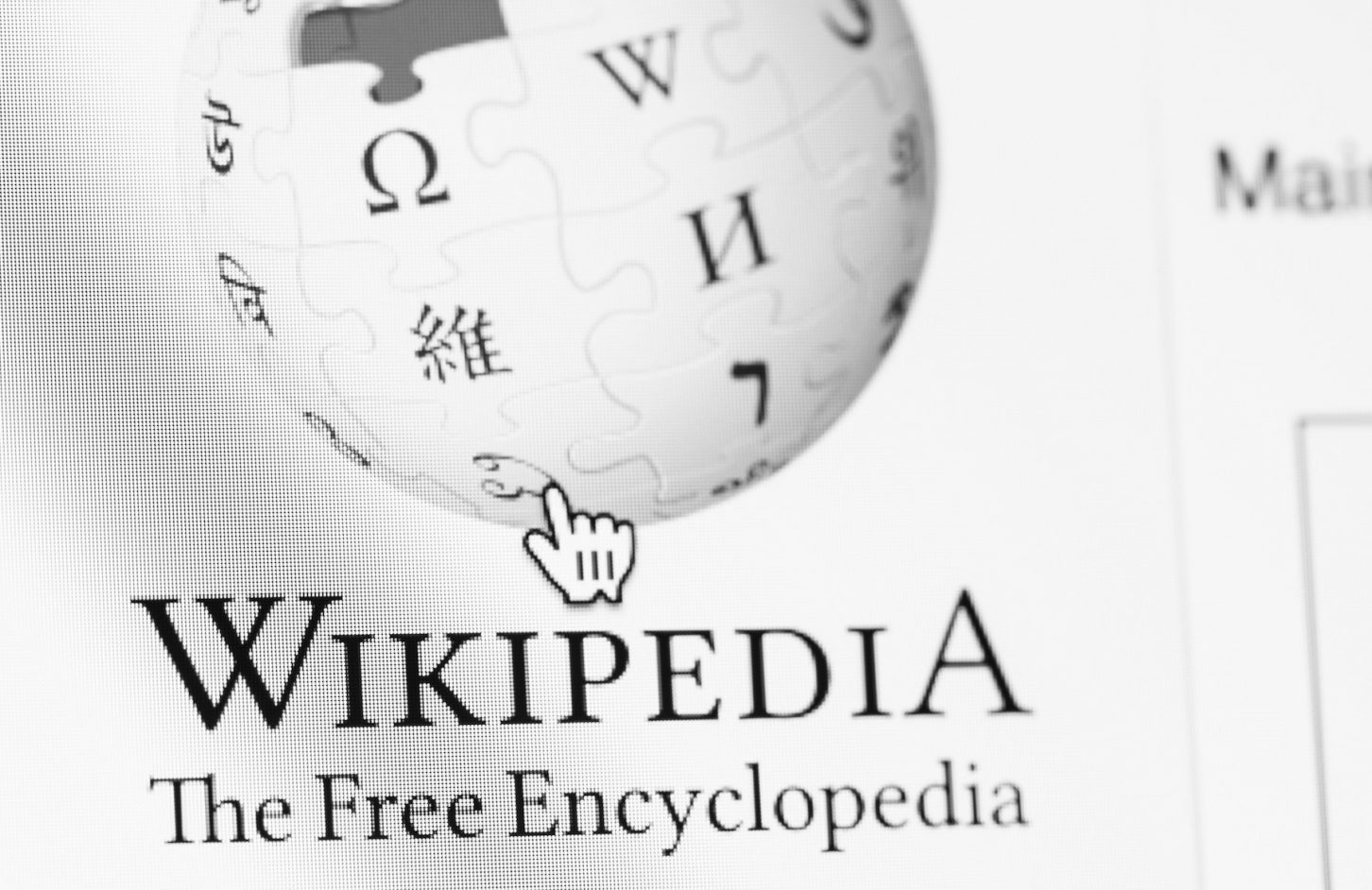The Wikimedia Foundation, the nonprofit behind Wikipedia, has warned the Online Safety Bill is “threatening the encyclopedia’s ability to function in the UK”.
On Tuesday the Online Safety Bill passed through the House of Lords, over a year after its first introduction to parliament. Once granted Royal Assent, it will become law and give Ofcom greater regulatory powers to tackle harmful online content.
“The bill includes requirements that invalidate Wikipedia’s volunteer-led model of creating and moderating content, threatening the encyclopedia’s ability to function in the UK,” said Rebecca MacKinnon, vice president of global advocacy at the Wikimedia Foundation.
Wikimedia has called on the government to ensure its implementation of the bill does not harm models that rely on access to “free, reliable knowledge”.
It says that Wikipedia and other “public interest projects” were not exempt from the Online Safety Bill, despite lobbying efforts.
A government spokesperson told UKTN that the Wikimedia Foundation is “categorically wrong” and states the Online Safety Bill does not stop community moderation.
“We support the use of effective user or community moderation by services, where this is appropriate for the service in question – as is the case for Wikipedia.”
“The bill does not impose one-size-fits-all requirements on services, but instead allows services to adopt their own approaches to compliance, providing these are effective.”
It is not the first time that Wikimedia has expressed issues with the bill. In April, Wikimedia UK said it had “deep concerns”.
MacKinnon added: “It is simply inconceivable to imagine the UK without access to Wikipedia, the world’s largest online knowledge repository. The Online Safety Bill’s passage may be the end of a chapter, but we are determined that it will not be the end of our story in the UK.”
Both WhatsApp and Signal threatened to leave the UK if the bill forced the messaging companies to undermine end-to-end encryption. Earlier this month ministers conceded it was not “technically feasible” to scan encrypted messages for explicit child abuse material without undermining privacy.

